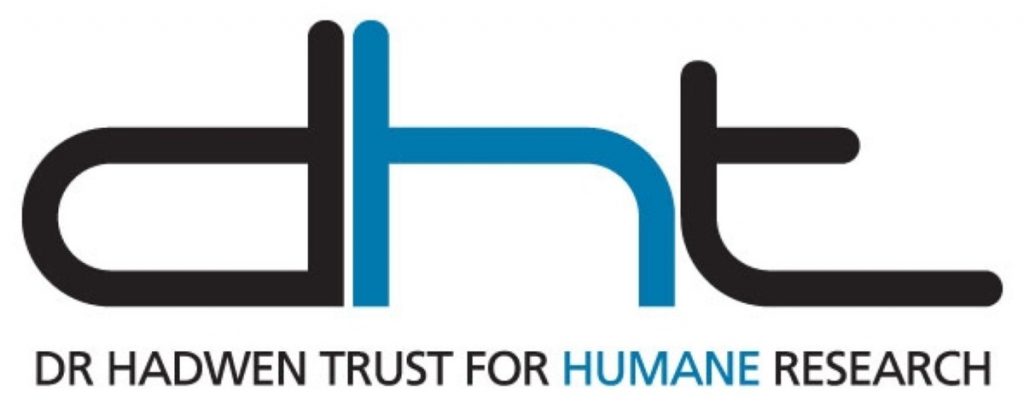Dr Hadwen Trust calls for halt to hull beagle farm plans
Animal testing should be debated in Parliament urges DHT
PLANS to breed more dogs for use in scientific research at a Beagle Farm to the east of Hull should be halted in favour of non-animal alternatives, according to the Dr Hadwen Trust for Humane Research (DHT).
The controversial proposals by East Yorkshire company B&K Universal are currently being considered by Communities Secretary Eric Pickles.
Kailah Eglington, Chief Executive of the Dr Hadwen Trust for Humane Research, said: “These plans would lead to more dogs suffering unnecessarily in laboratory experiments.
“We are opposed to the Beagle Farm, and its expansion, not only ethically but on scientific and economic grounds, particularly as proven alternatives already exist.”
One such alternative is a research project funded by the Dr Hadwen Trust that led to a breakthrough discovery in in vitro toxicology tests that could be used in place of dogs in new drug testing. In vitro tests are considered by many scientists to be more relevant to human toxicity and are also cheaper and take less than a quarter of the time to achieve results than tests using dogs.
Home Office figures reveal that 3,704 beagles were used in animal research procedures in the UK last year, with some 800 procedures carried out on imported dogs.
In 2010 the UK used over 3.6 million animals in experiments; a 25-year high.
B&K Universal has not confirmed how many dogs it would breed on the site if its appeal is successful, but experts predict it could be up to 2,000.
The outcome of the controversial planning application at B&K Universal forms part of a wider ongoing debate into the use of animals in experiments.
Kailah Eglington added: “This coming year is a crucial one for animal experiments as the Government considers its approach to the transposition of Directive 2010/63/EU (the revised EU Directive on the protection of animals used for scientific purposes).
“It will also be considering its pledge to reduce the use of animals in scientific research and its position on a possible delay to the 2013 deadline for the EU marketing ban on animal tested cosmetics.”
The Beagle Farm proposal, therefore, coincides with a critical time when the regulatory authorities have the chance to revise toxicology testing standards that have been in place for over 40 years to reflect contemporary scientific alternatives.
An e-petition calling for a Parliamentary debate on animal experiments has been launched by the Beagle Welfare Scheme and can be found via www.drhadwentrust.org
Picture caption: Kailah Eglington, chief executive of the Dr Hadwen Trust for Humane Research, describes the scientific alternatives to dogs at a public meeting against the Beagle Farm held in Hull on October 19, 2011.





-01.png)